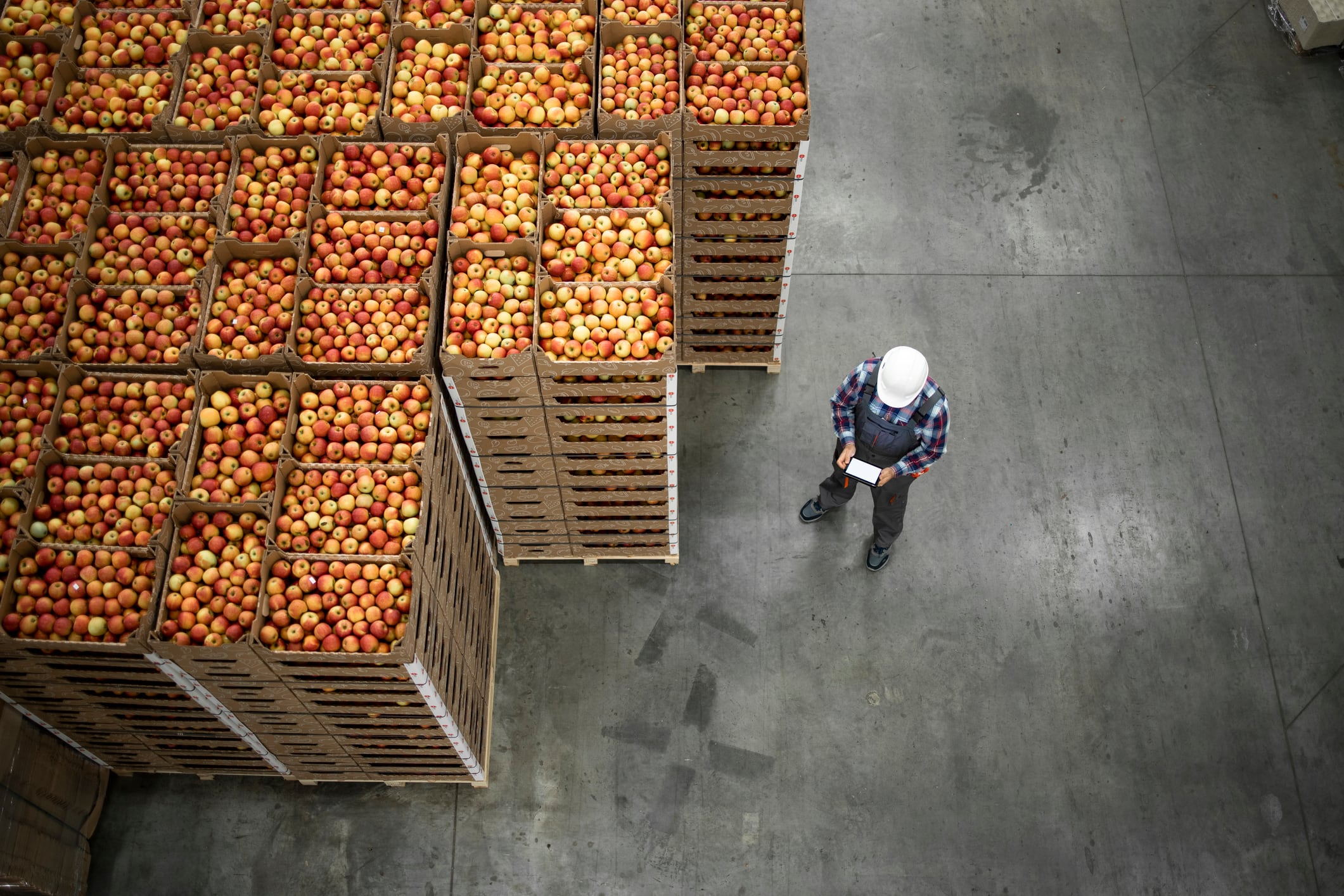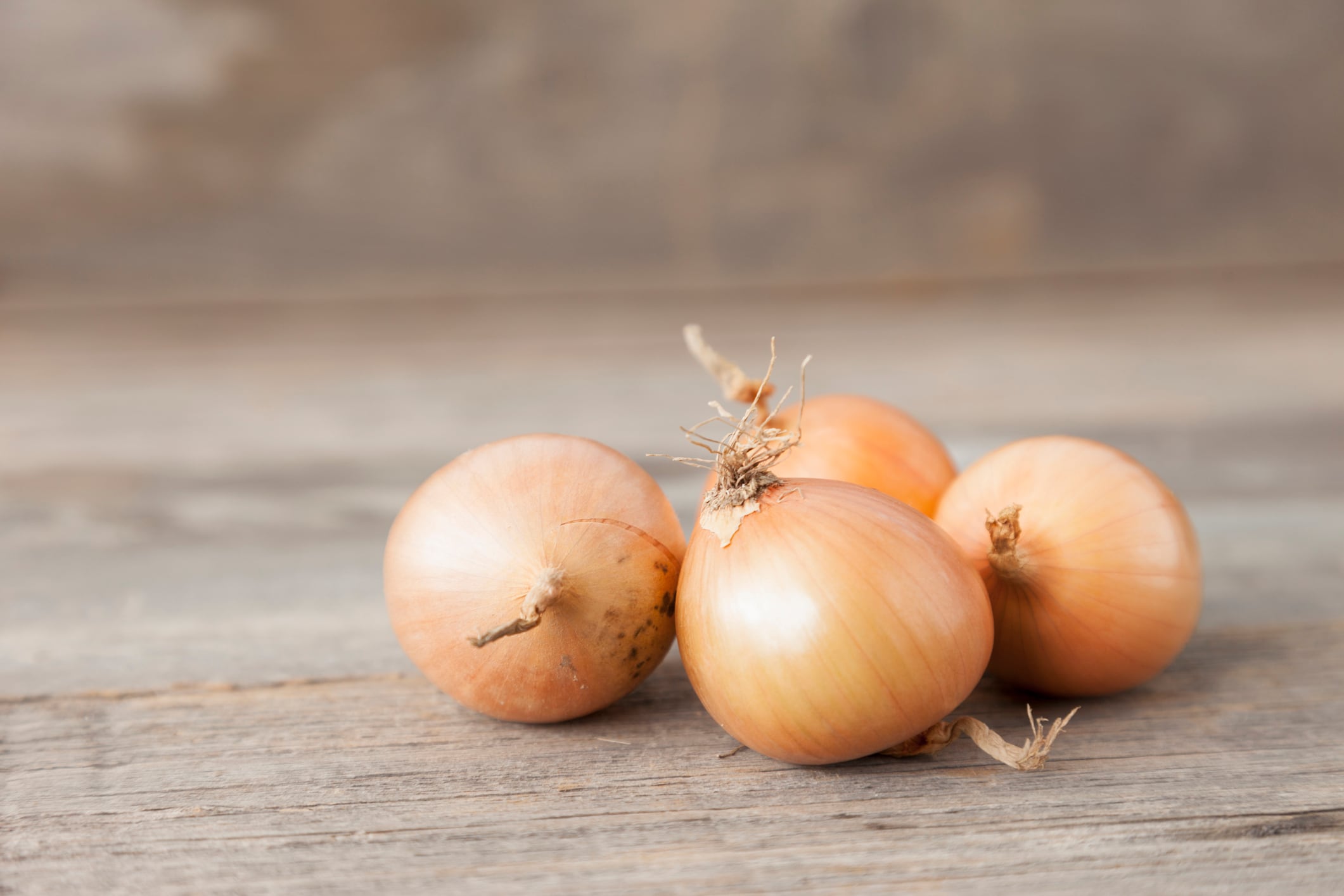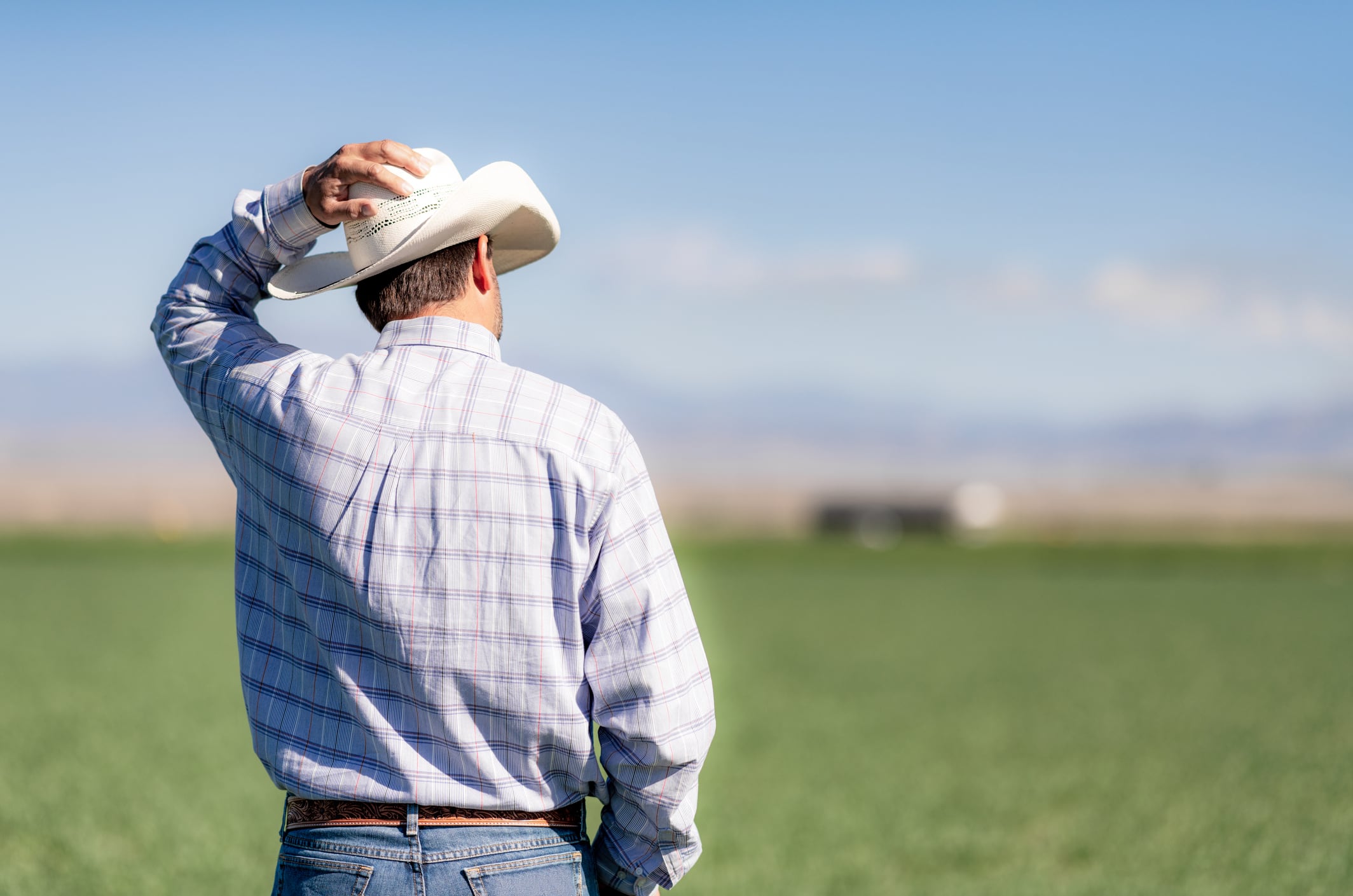An estimated 14% of produce is lost between harvest and retail, in part due to spoilage from mould and rot.
To help address this global challenge, Biotalys, the company developing protein-based biocontrol solutions for sustainable crop protection, and AgroFresh Solutions, a global leader in post-harvest solutions for fresh produce, have announced a new collaboration to develop and commercialise sustainable biological fungicides for post-harvest use.
Fungicides are already essential to protect fresh produce after harvest, where fruits and vegetables lose much of their natural defense and become highly susceptible to spoilage by fungi, which thrive in storage and transit environments.
Common postharvest diseases like green mould, blue mould, and sour rot can quickly develop and spread, leading to significant losses if not controlled.
Fungicides are applied postharvest to control infections already present on the surface or to protect against new infections that may occur during storage and handling. By inhibiting the growth and spread of fungi, fungicides help extend the shelf life of fresh produce, maintain its quality, and reduce spoilage and waste.
Some fungicides act as a protective barrier on the surface (contact fungicides), while others are absorbed and provide internal protection (systemic fungicides).
The problem with fungicides
Fungicides can pose significant risks to the environment when not used judiciously, however.
Environmental contamination can also indirectly affect human health through exposure to polluted water, soil, or food, with some fungicides linked to hormonal disruption and possible carcinogenic effects.
The Biotalys/AgroFresh collaboration therefore aims to expand the industry’s toolbox with environmentally friendly biological solutions designed to meet the evolving needs of markets around the world.
“Post-harvest freshness solutions are especially critical for high-value and highly perishable crops, where even small losses can result in major food waste and economic impact,” said Clint Lewis, AgroFresh’s chief executive officer.
“This collaboration represents an important step forward in expanding our innovation pipeline with novel, sustainable technologies that preserve freshness, reduce waste, and support the success of produce suppliers around the world.”
Fungal decay a ‘persistent and complex’ challenge
Fungal decay remains one of the most persistent and complex challenges in the post-harvest supply chain, according to the companies. Once harvested, fresh produce loses its natural defenses and becomes highly susceptible to spoilage caused by fungi.
These pathogens thrive in common storage and transit environments and can spread rapidly, making consistent and effective disease management essential. As produce moves through increasingly global and quality-driven supply chains, biological tools that can support freshness and reduce loss are becoming more important than ever, the companies believe, a fact that sees the global post-harvest fungicide market now valued at $300 million.
Our expansion into this critical segment represents an important step for Biotalys and demonstrates the significant potential and versatility of our protein-based platform to help preserve food quality,” said Biotalys CEO Kevin Helash.
“We are excited about the opportunity to collaborate with the global leader in post-harvest food quality control to bring our biocontrol solutions to this industry segment and make a material difference in this crucial area in the years to come.”
By combining expertise in produce freshness with cutting-edge biocontrol technology, the companies aim to help the fresh produce industry meet today’s challenges and adapt to the changing needs of markets worldwide, with sustainable solutions that keep food fresher for longer and reduce global food waste.
What biofungicides are in the pipeline?
The Biotalys/AgroFresh partnership hopes to accelerate the EVOCA and BioFun-6 are biofungicides already being developed by Biotalys.
BioFun-6, a second-generation biofungicide, has shown promising results in field trials, demonstrating effective protection against Botrytis and powdery mildew with significantly lower dosage rates than Biotalys’s first biofungicide, EVOCA.
Potential new products will soon follow, they said.





